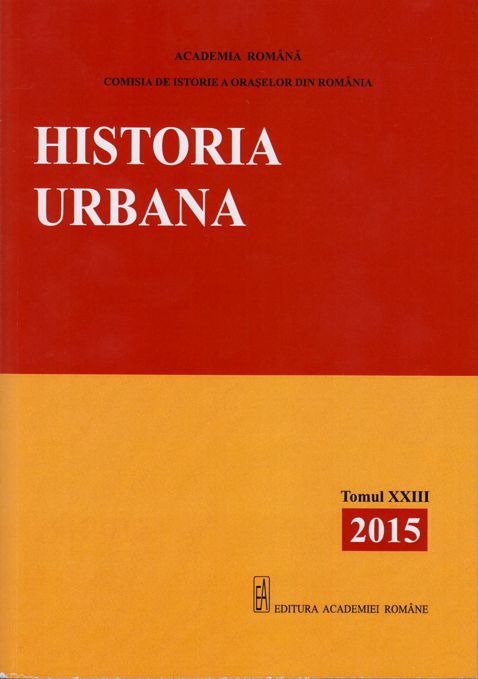Sistemul bancar−cooperatist − o ipostază a relației sat − oraș în România interbelică. Studiu de caz: băncile „Vintilă Brătianu” din Beiuș și „granița de nord” din Carei
The cooperative banking system − an aspect of the interwar urban − rural relatationship in Romania. Case study: „The Vintilă Brătianu” banks in Beiuș and „The Northern Border” from Carei
Author(s): Ion Zainea, Beata MenesiSubject(s): History, Economic history
Published by: Editura Academiei Române
Summary/Abstract: The cooperative banking inter-war system, among others, a way to help the state involvement in the villages’ and in the rural economy, was under several aspects, a form of the urban-rural relationship. First, from the perspective that the rural popular banks and the village cooperatives were dependent and subordinated to the Federal Reserves from the cities.Then, the city banks gave loans for the production, to the rural inhabitants from the neighborhoods, credits that they have used to buy land, cattle, tools, to build or to buy houses, mills, grays, stables, or even to maintain or to send children to school. Our study refers to this last aspect, using as a case analysis the popular banks „Vintila Bratianu” from Beius, whose customers were the peasants from the whole depression of Beius and the land of the highlanders (called „moti”), respectively, „The Northern Border” from Carei, whose clientage was mostly from the rural area, situated nearby this city.
Journal: Historia Urbana
- Issue Year: XXIII/2015
- Issue No: 23
- Page Range: 115-124
- Page Count: 10
- Language: Romanian
- Content File-PDF

